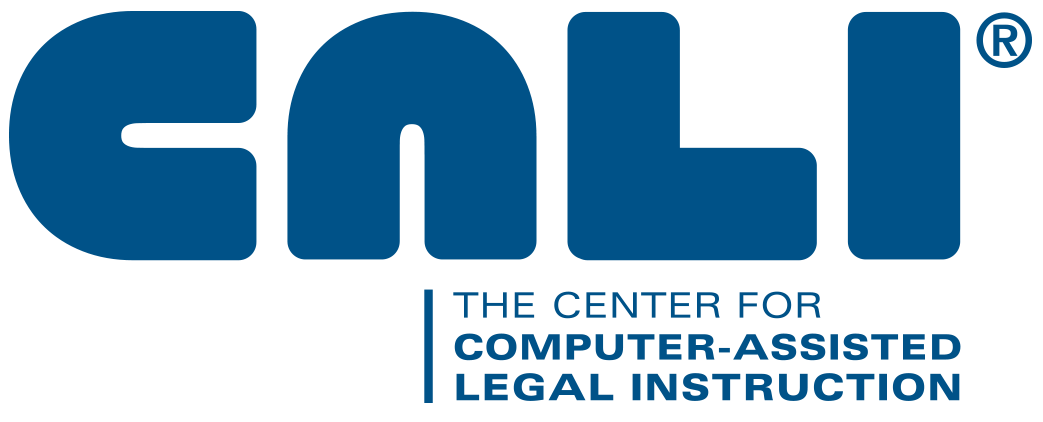Teaching Apps for Justice is a powerful way to deliver education needed by law students to succeed in today’s technology rich legal market while, simultaneously, improving access to justice for the poor. This A2J Course Kit is the second of three books, each a collaboration designed to expand the resources needed by law professors to teach 21stcore competencies and expand access to justice for low income people. The first publication is the Justice, Lawyering and Legal Education in the Digital Age Symposium in the Chicago-Kent Law Review, 88 Chi.-Kent L. Rev. 687, et. seq. (2013) available at https://www.kentlaw.iit.edu/institutes-centers/centerfor-access-to-justice-and-technology/2013-law-review-symposium. This Symposium, edited by Marc Lauritsen and me, contains the fully developed pedagogical theories and lessons learned by faculty who teach courses combining education in modern technology while expanding justice. The Symposium examines five courses in detail, exposing learning theories, teaching objectives and accomplishments. This Symposium is an excellent first step for a teacher seeking information and perspectives on Apps for Justice.
This A2J Clinical Course Kit is the second installment on the Apps for Justice trilogy. The book is a compendium of course descriptions, syllabi, teaching tools and recommended readings gathered from the work of 13 faculty members teaching six different courses at six different law schools. Each was selected by CALI in 2013 to participate in a two year effort to use A2J Author®, CALI’s tool for legal aid lawyers and courts, to teach law school courses targeting core competencies needed for today’s lawyers. All agreed to freely expose and share their courses and the materials in an edited collection drawn from all seven courses.
The courses are not all clinical offerings. For example, Judith Wegner at UNC teaches a Professionalism course inspired by her work on the Carnegie Commission. Her students work with North Carolina Legal Aid to build A2J Guided Interviews® for low income people. My course, Justice and Technology Practicum, is a hybrid classroom/experiential offering in which students do field work, observe court processes and build A2J Guided Interviews while meeting regularly to discuss readings and issues raised by these experiences.
We hope that you find this collection of materials, written and tested by these professors, to be a rich pedagogical treasure to be plundered for your own efforts.
In 2015 the second CALI A2J Course Project launched and six new courses are now in production.1One has already been taught and five more will be offered in Fall 2015 and Spring 2016. The third book in this trilogy will be the compendium of materials and lessons and teachers’ notes developed by those professors. Look for more treasures in 2016.
Acknowledgements
I want to thank the faculty participants of the 2013 CALI A2J Clinical Course Project. Our meetings were stimulating and exciting—the most fun I have ever had at work.
Conrad Johnson, Mary Marsh Zulack and Brian Donnelly – Columbia Law School
Judith Welch Wegner – University of North Carolina School of Law
Joe Rosenberg – CUNY School of Law
Jane Aiken, Tanina Rostain and Roger Skalbeck – Georgetown University Law Center
JoNel Newman and Melissa Swain – University of Miami School of Law
Greg Sergienko, Jodi Nafzger and Sunrise Ayers – Concordia University School of Law
Andrew Medeiros and Alexander Rabanal, the Access to Justice Fellows at the Chicago-Kent Center for Access to Justice and Technology, and Jessica Bolack Frank, its Program Coordinator, did most of the hard organizational work of the project and the collection of the raw materials gathered here. John Mayer, Executive Director of CALI and Sarah Glassmeyer and Deb Quentel of CALI were key contributors to this effort.
Ronald W. Staudt
Professor of Law and Director of the Center for Access to Justice & Technology
IIT Chicago-Kent College of Law

